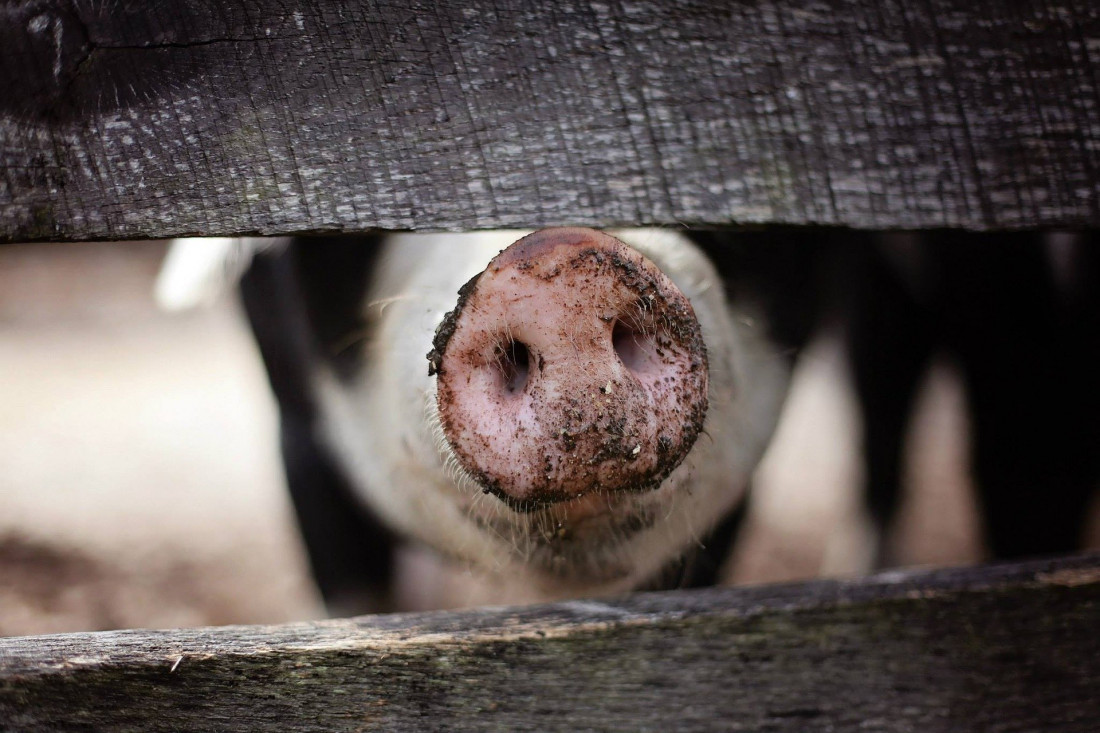Take a look at the agricultural commodities markets, and most predict a bearish outlook for rock phosphate prices. Dicalcium and monocalcium phosphate markets are generally seen as over-supplied, and there is a great deal of talk of plant closures, especially in Europe and the Far East.
Which is why it may come as a surprise to read that PhosAgro, the world’s third largest monocalcium phosphate processor, is considering expanding their phosphate processing operations.
Take a look at some of the evidence. This includes PhosAgro’s Chief Executive, Andrey Guryev, speaking to the industry journal Agropages in October 2016, when he hinted that prices may be on the up. What he said was, “Phosphate producers [in China] will be forced to start cutting production soon, helping prices to find a floor.”
Guryev also told Reuters on 27/1/2017, that, “As one of the lowest-cost producers in the world the company [PhosAgro] plans to keep increasing output beyond 2017 by 5-10% a year.”
Similarly, the journal Agrimoney, on 26/1/2017, quoted a Raymond James report which stated that, “‘Phosphate prices were up due to better balance in China, where suppliers have shown increased discipline, focusing more on the domestic market,’ and reducing exports.”
Yet again, Agrimoney quoted a PotashCorp report on 7/2/2017, which stated that, the phosphate market was restructuring – “especially in China” and that, “had helped stabilise producer margins.”
Furthermore, PhosAgro released a press release in early January 2017, stating, “The Company‘s strategic development goals in the coming years will remain production capacity growth and increased sales through expanded presence in priority markets of Russia/CIS, Europe and Latin America, as well as other countries with favourable pricing.” It continues to add that, “PhosAgro‘s plans through 2020 focus on developing the Group’s mineral base and expansion of beneficiation capacities at Apatit, [as well as] modernising sulphuric and wet-process phosphoric acid production facilities.”
With H1 profits for 2016 reported to have, “increased by 30% to RUB 36.1 billion ($514 million),” with revenues also up, “by 9% to RUB 102 billion ($1,452 million).” The company clearly has the assets for expansion, as well as the know-how essential for the specialized animal feed market.
So maybe PhosAgro is planning to expand, which markets would it target? The second surprise in this article is that its goal may be to increase production in Spain.
Why Expand Monocalcium Phosphate Production in Spain?
PhosAgro are not alone in looking to Spain (as an alternative to China and India) for rock phosphate processing facility expansion. While at first this may seem a somewhat random choice, closer examination makes the suggestion rather more logical.
The Iberian peninsula holds a stable economy, with a skilled workforce, and EU membership that grants access to a vast meat eating market. Plus its animal livestock numbers are growing rapidly, as a USDA report from October 2016 states, “Spain’s cattle and beef production in 2015 shows a rebound in production after several years following a downward trend. It is mainly due to the strong demand of live animals from third countries such as Lebanon, Libya and Algeria, reasonable feed costs and better profitability margins. Spanish beef exports also experienced strong growth due to competitive prices.”
But the expansion is not only in cattle farming, for as the industry journal Pig Progress explains, “Spain has overtaken Germany as the country with the largest pig herd in the European Union (EU). The Spanish pig sector has grown strongly over the last few years and for now there is no end to this growth.”
But perhaps most significantly, potential Spanish monocalcium phosphate processing plants in Seville would be only a 21 hour truck journey from the rock phosphate mines in Bou Craa, Western Sahara. While a secure shipping route, that would take advantage of the rock phosphate conveyor belt, would take only a few days sailing.
While the possibility of expansion in Spain is perhaps no more than speculation, it is hard to deny PhosAgro’s ability and intentions for growth, with Guryev speaking optimistically of the chance for increased production.
Reuters on 27/1/2017, reports him saying, “We expect China’s inefficient plants to close. And because it will lead to certain shortages, their big enterprises will divert their deliveries towards the domestic market.” Adding that, “PhosAgro [will] develop its own distribution and trading in Europe and Latin America to further boost direct sales to clients from the current rate of 70%.”
Look at the evidence again; expectations of reduced Chinese phosphate processing capacity; fear of supply security to rock phosphate mines in the Middle East; PhosAgro’s stated intention for expansion; Spain’s relative closeness to Western Sahara; and Spain’s growing livestock numbers.
Given all these factors, does it really sound so crazy to expect production growth of Spanish monocalcium phosphate sometime soon?

